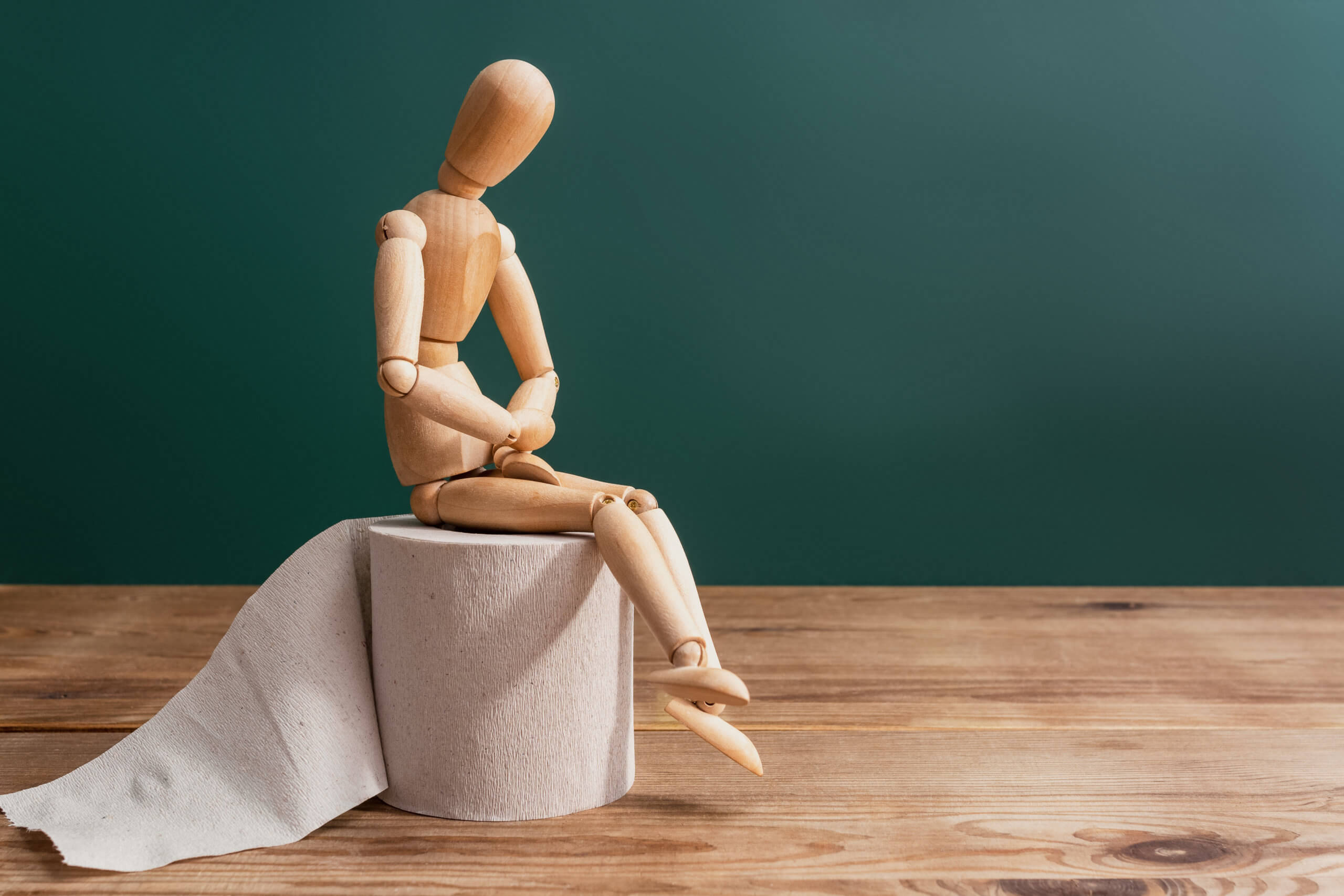If we had to consciously maneuver all our bodily processes — breathing, heart rate, digestion — chances are the human population would die in minutes. Fortunately, the body has signals to know when to do certain activities. A new study finds that a touch-sensing protein called Piezo2 i responsible for the gut knowing when it’s time to move food down the digestive tract.
The Piezo2 protein made headlines in 2021 when researchers discovered it helped with the perception of light touch on the skin. The new study expands on the protein’s critical role in the body as it helps the digestive process along and prevents the stomach from getting clogged up.
“Many people suffer from digestive issues on a daily basis, such as chronic constipation, however we still don’t understand the cause which underlies most of them,” says Lauren Jones, lead author and PhD candidate in the College of Medicine and Public Health in a media press release. “Our research identified Piezo2 in cells that line the human digestive tract, allowing them to sense physical stimuli, such as touch or pressure, that would occur when food is present. The cells then respond by releasing serotonin to stimulate gut contractions and push the food along.”
The researchers found Piezo2 levels in the gut decreased with age. Additionally, an animal study showed that taking out the Piezo2 protein in gut serotonin cells slowed down muscle contractions that move food along the gut, causing constipation.
The findings suggest lower Piezo2 levels with age may explain why older adults experience more constipation. “Age-related constipation affects 1 in 2 adults over the age of 80, whilst constipation generally affects almost everyone at some point throughout their life,” says Ms. Jones. “It’s therefore extremely important we increase our understanding of the underlying mechanisms, so that we can find targeted solutions to improve the quality of life of the many people who suffer daily from various gut disorders, including constipation.”
Keep in mind the results are correlational and other factors may contribute to age-related constipation. However, understanding Piezo2’s role in digestion could provide new treatment avenues for constipation and other digestive issues.
“More specifically, we now have the potential to create treatments that are taken orally and only directly impact these cells that line the gut, therefore significantly reducing side effects typically seen with many of the current medications,” says Ms. Jones.
The study is published and available to read in the journal Gastroenterology.
